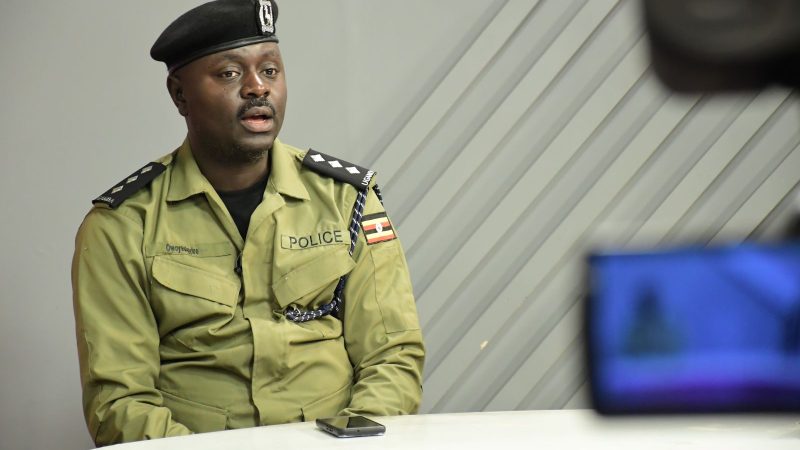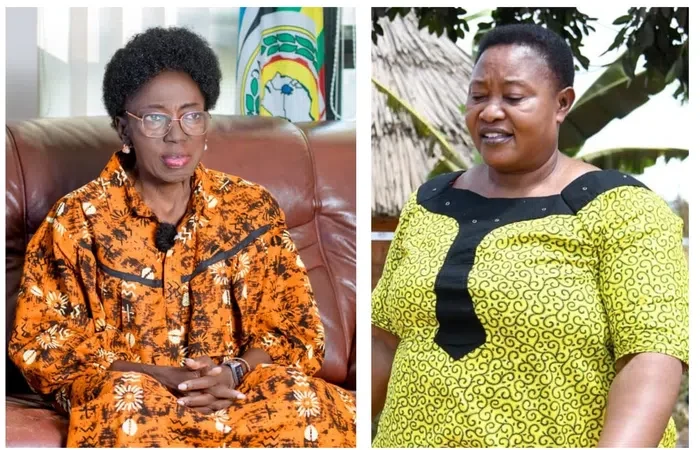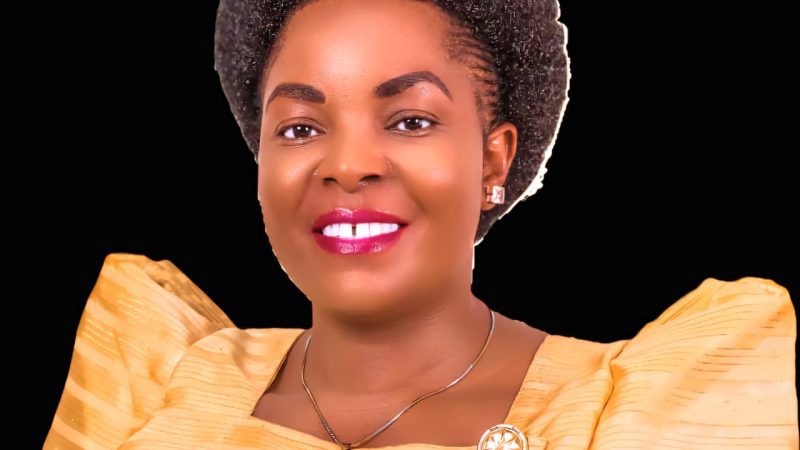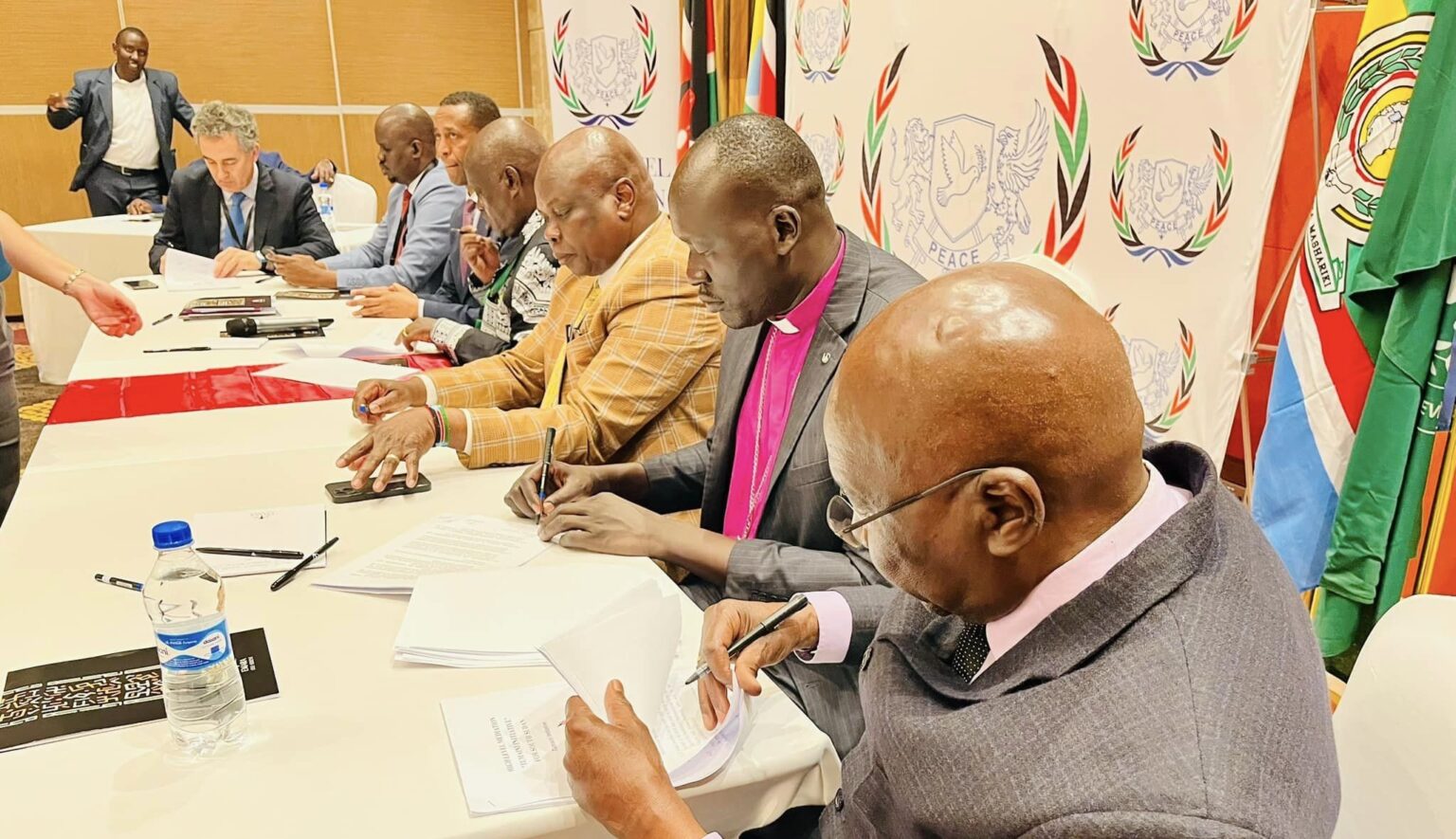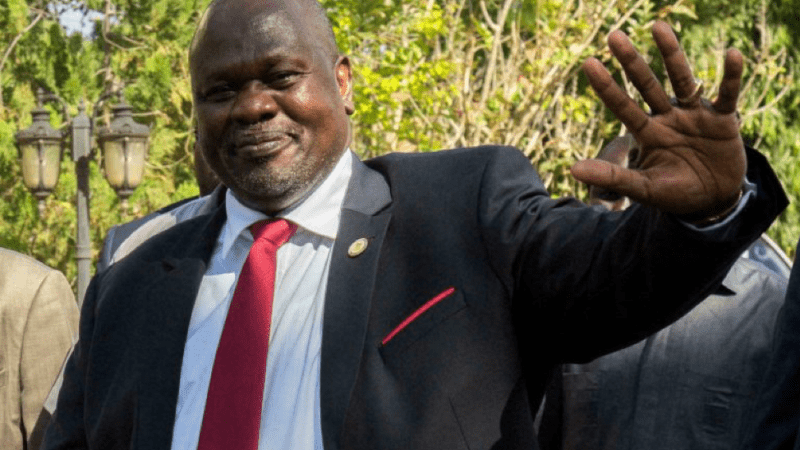South Sudan’s government, the opposition, and other stakeholders in the Tumaini (Hope) Initiative on Monday initialed eight protocols, a key step in peace talks in Nairobi, Kenya.
Kenya has been hosting high-level meetings for South Sudan since 9 May between government representatives and opposition groups who were not part of the 2018 agreement that ended a five-year civil war.
The document outlines a preamble, statement of purpose, general principles, protocol on humanitarian access and support, trust and confidence building protocol, permanent ceasefire, security arrangements and reforms, communal conflicts, armed civilians and land disputes, and guarantors.
The talks — dubbed Tumaini, Swahili for hope — have recently resulted in a draft agreement proposing to extend the country’s transitional period and postpone the coming election to allow finishing up the country’s constitution and electoral processes, as well as set up constituency borders and a unified security force.
The draft peace agreement creates a national leadership council to provide leadership and guidance to the Joint Defense Board, the National Constitution Review Commission, the National Elections Commission, the Political Parties Council, and other bodies with relevant mandates to the implementation of the Tumaini Framework.
The document maintains the current structure with the president. It expands the presidency to accommodate additional members from opposition groups and signatories to the Tumaini Initiative who will be part of the leadership council.
The document says the parties agreed to revitalize, structure, and reconstitute the National Constitutional Review Commission (NCRC) to expand membership and provide an all-inclusive Commission. They also agreed to enhance inclusivity in the constitution-making structures and processes. However, the parties have yet to agree on the venue of constitutional conferences.
The 25-page document provides details of an inclusive governance structure and responsibility sharing among the government, opposition groups, and other stakeholders, covering areas such as executive roles, legislature, security, constitutional processes, and elections management.
Other governance and responsibility-sharing areas agreed on include justice sector reforms, ceasefires, security arrangements, and reforms. The document talks of the reconstitution of the Strategic Defence and Security Review (SDSR) Board, which shall consist of the representatives of the armed opposition groups, to formulate and implement a comprehensive security sector reform that provides for creating a unified army and reconstituting the other organized forces.
The parties and stakeholders agreed to form a Regional High-Level Panel of Heads of State and Government, which will consist of heads of state and government from the region. The panel’s responsibilities and roles will be to monitor and oversee the agreement in liaison with the National Leadership Council.
In December 2023, President Salva Kiir requested Kenya’s President William Ruto to take over the mediation from the community of Sant’egidio in Rome complaining that the talks had taken long in Rome’s hands without resolution.
In February, President Ruto accepted after consulting with the community of Sant’egidio in Rome.




